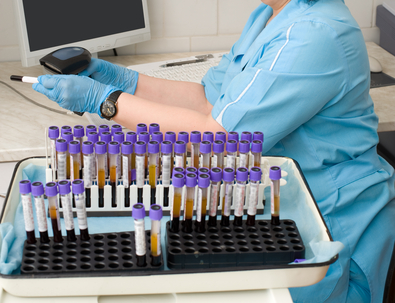If you’re not careful, becoming a cancer caregiver can become one of the most stressful experiences of your life. However, it doesn’t always have to turn out that way. What might have been a frustrating time can become one of the most rewarding times you have ever experienced. Here at Issels®, we want nothing more than to equip you for what lies ahead. To do that, we want to provide you with some essential cancer caregiver tips.
What to Expect as a Caregiver for Someone with Cancer
If you’re caring for someone with cancer, it’s important to know what you can expect. Many people find it to be a pleasant experience. Spouses, siblings and other close relatives often find themselves as caregivers for family members with cancer. However, others may fill this role too. For example, neighbors and even co-workers can also be cancer caregivers.
On the other hand, you may feel as though this role is being forced upon you. It might not be something you’re willing to take on, so it’s important for you to be clear about your boundaries from the very beginning.
The Best Cancer Caregiver Tips
As a caregiver, you need to set healthy boundaries and take care of yourself too. These cancer caregiver tips will help you to do that. You should always:
• Look for signs of depression within yourself
• Find your own support system
• Get plenty of exercise
• Eat a health diet
• Consider getting personal counseling
• Take some time for yourself
At Issels®, we take care of our patients’ caregivers too. If you need more information about our immunotherapy services, please contact us.
If you know someone who needs cancer treatment, we encourage you to send them a link to our website at https://issels.com.






